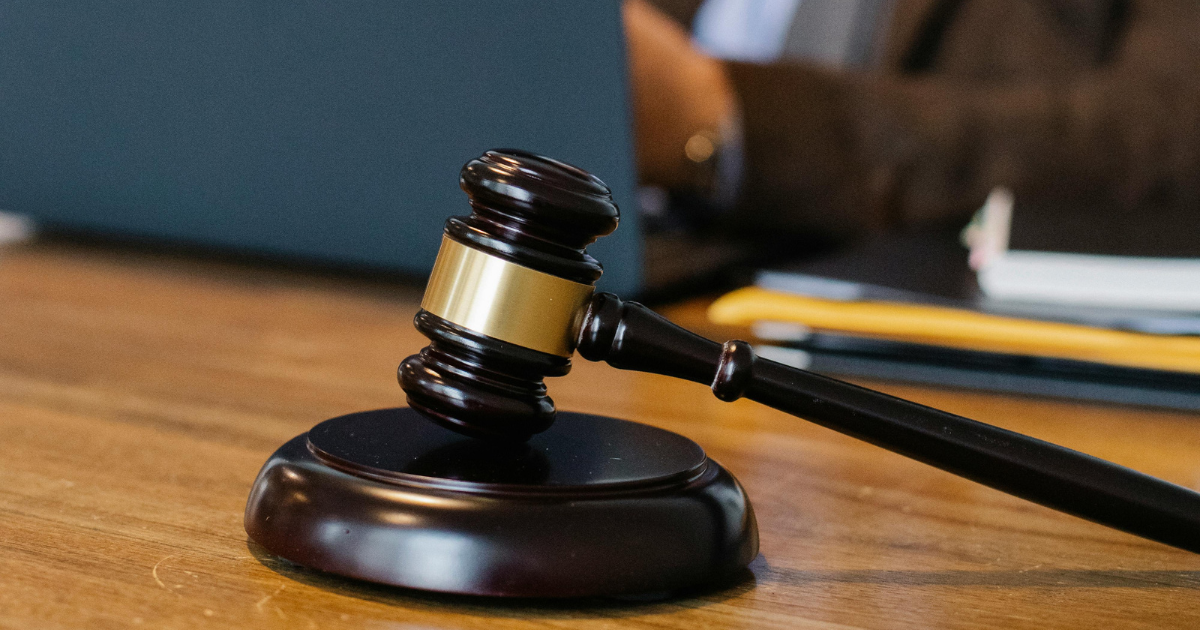What Is a 5250 Hold in California?
A 5250 hold in California is an involuntary psychiatric hold that extends beyond the initial 72-hour hold in California, known as a 5150 hold. This legal process allows medical professionals to detain an individual for up to 14 days if they are deemed a danger to themselves, others, or are gravely disabled due to a mental health condition.
The California involuntary commitment law ensures that those undergoing a psychiatric hold in California receive necessary mental health treatment while protecting their rights.
5150 Vs. 5250: What’s the Difference?
The difference between 5150 vs 5250 is primarily the duration and legal process involved. A 5150 hold lasts for 72 hours, during which the individual is assessed by medical professionals. If further treatment is necessary, a 5250 hold is initiated, extending involuntary hospitalization for an additional 14 days.
The individual has the right to a certification review hearing to challenge the extension. In contrast, a 5585 hold vs 5150 applies to minors under 18, following similar legal principles but tailored for juvenile psychiatric care.

How Does a 5250 Hold Get Extended?
After the 5150 hold, mental health professionals assess whether further hospitalization is required. If the patient continues to pose a significant risk, the California involuntary commitment process extends their stay under a 5250 hold. A certification hearing is conducted, where the patient can present evidence to contest the hold. If the 5250 hold expires and further treatment is needed, additional legal steps, such as a 5270 hold (30-day extension), may be pursued.
What Happens After a 5250 Hold?
Legal and Medical Evaluations
Once a 5250 hold concludes, the patient undergoes a thorough evaluation by medical professionals. This assessment determines whether the individual can be safely discharged or requires continued mental health care. If necessary, doctors may recommend a conservatorship, a legal arrangement that grants a guardian decision-making power over an individual unable to care for themselves.

Treatment Options Following a 5250 Hold
Mental health care following a 5250 hold can include outpatient therapy, medication management, and supportive services. Some individuals transition to assisted outpatient treatment (AOT) under California’s involuntary commitment law, while others voluntarily engage in continued care. Therapy, medication, and community support play essential roles in recovery and preventing future hospitalizations.
In some cases, individuals may need structured residential treatment to help reintegrate into daily life. Support groups, peer mentorship, and intensive outpatient programs (IOPs) provide additional tools for long-term mental health management. The goal of these treatments is to equip individuals with coping skills and stability to reduce the likelihood of repeated involuntary hospitalizations.
Rights and Consequences of a 5250 Hold
Individuals placed on a 5250 hold retain specific rights, including the ability to challenge their hospitalization in a certification hearing. However, there are also consequences. A 5250 hold can lead to temporary firearm restrictions and impact future mental health treatment. Some individuals may face challenges in employment and housing due to mental health records, although psychiatric hold California laws protect against discrimination.
Does a 5250 Affect Future Mental Health Treatment?
A 5250 hold may influence an individual’s access to certain services. Some mental health providers may require additional documentation or assessments before resuming treatment. However, California’s involuntary commitment laws ensure that individuals receive the necessary care without unjust barriers. Seeking continued support from mental health professionals is crucial for long-term well-being.
Additionally, individuals with a history of involuntary holds may experience stigma, making it essential to work with mental health advocates who understand their rights. Some legal protections help ensure fair treatment in medical and employment settings, but self-advocacy and awareness remain key.
Can You Challenge a 5250 Hold?
Yes, individuals placed on a 5250 hold have the right to challenge their hospitalization. During a certification review hearing, they can present evidence and have legal representation. If the hold is deemed unjustified, the individual may be released. If the patient disagrees with the hearing outcome, they can file a writ of habeas corpus in court to argue for their release.
In cases where legal assistance is needed, advocacy groups and mental health lawyers can provide support. Many individuals feel powerless during a psychiatric hold in California, but knowing their rights and options can empower them to take the necessary steps to regain control of their situation.
Moving Forward After a 5250 Hold
Life after a 5250 hold requires a strong support system and a focus on mental health recovery. Many individuals benefit from therapy, medication, and peer support groups. Engaging in self-care, establishing healthy routines, and working with mental health professionals can help individuals regain stability and improve their overall well-being.
Long-term mental health management may involve lifestyle changes, stress reduction techniques, and skill-building programs. Some individuals explore alternative therapies such as mindfulness, meditation, and holistic approaches to mental health recovery. The key is finding a personalized approach that fosters healing and long-term stability.
Get Support With Pacific Coast Mental Health
Navigating a psychiatric hold in California can be overwhelming, but professional help is available. At Pacific Coast Mental Health, we provide compassionate care for individuals facing mental health challenges. If you or a loved one needs guidance after a 5250 hold, our team is here to support you. Contact us today to learn more about our services and how we can help you move forward.
FAQs
What comes after a 5250 hold?
After a 5250 hold, the individual may be discharged, placed in outpatient treatment, or transferred to a longer-term care facility if further hospitalization is needed.
What are the consequences of a 5250 hold?
A 5250 hold may result in temporary firearm restrictions, potential employment and housing difficulties, and ongoing mental health evaluations.
How do I get out of a 5250 hold?
Individuals can challenge a 5250 hold through a certification review hearing or file a writ of habeas corpus to contest their hospitalization.
Can a 5250 be extended?
Yes, if further treatment is needed, a 5250 hold can lead to a 5270 hold (30-day extension) or even conservatorship in severe cases.
Does a 5250 show up on a background check?
A 5250 hold is a medical record and does not appear on standard background checks. However, it may impact firearm eligibility under California law.






